Tech Help - Can you use a desktop CPU in a server system?
Yes absolutely. Many of the features found in a server CPU, such as an Intel Xeon or AMD EPYC are available on a desktop CPU from the respective manufacturer.
Intel Xeon or AMD EPYC CPUs for example have several benefits over a desktop CPU – These include;
- Better quality silicon – This has several benefits including lower temperatures and reliability.
- Lower power requirements
- Improved instruction sets specifically designed for server-related tasks, such as virtualisation, memory control/management
- Warranty – Whilst it would be difficult for Intel to enforce, a desktop CPU is not warrantied if used in a server environment
However, most desktop CPUs still support many of the features of a server CPU – Some of these are;
- Virtualisation support (VT-d and VT-x)
- ECC RAM Support
It should also be noted that a desktop CPU can only run as a single CPU. An E5-Xeon or AMD EPYC CPU’s are designed to run as either single or dual socket. A desktop CPU cannot be run on a dual socket motherboard (see note below about the motherboards support).
The most notable problem however with a desktop CPU in a server system is the lack of a server motherboard to support the desktop CPU. There are very few server grade motherboards on the market, which for some users is not a problem, however you would be missing out if using a desktop motherboard in a server system – for the following reasons.
Desktop boards do not;
- Have IPMI – Which is remote management of the server through out of bands management – Usually with a dedicated port.
- Monitoring and Reporting – A desktop board does not have a dedicated software suite for server-grade reporting, such as for SNMP or to a BMC package.
- Have multiple NIC ports. Most desktop boards have a single NIC, which tend to be currently a maximum of 1x 1GbE port.
- Support SAS or other server grade onboard drive technologies.
- Have full compatibility with enterprise grade M.2 PCIe NVMe drives
- Have specially designed components for 24/7 operation.
It all comes down to the need for reliability and if it can be afforded for a server to be less reliable or potentially down for a certain amount of time. A desktop system isn’t designed for 24/7 operation at 100% load, whereas a server is.
Another downside to a desktop CPU is the availability of chassis. A desktop CPU will inherently run hotter than that of a server CPU and as a result cooling options are limited in more rack dense chassis, such as 1U and 2U.
If you’d like to discuss your server or desktop requirements and unsure if you should go with a desktop or server grade system please get in touch and our solution specialists would be happy to discuss options with you.

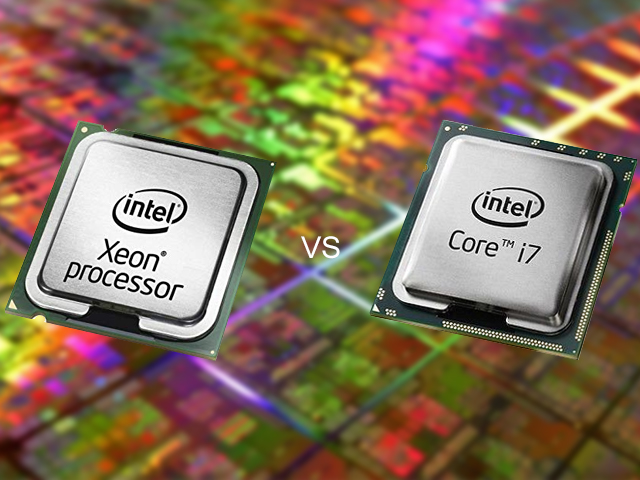
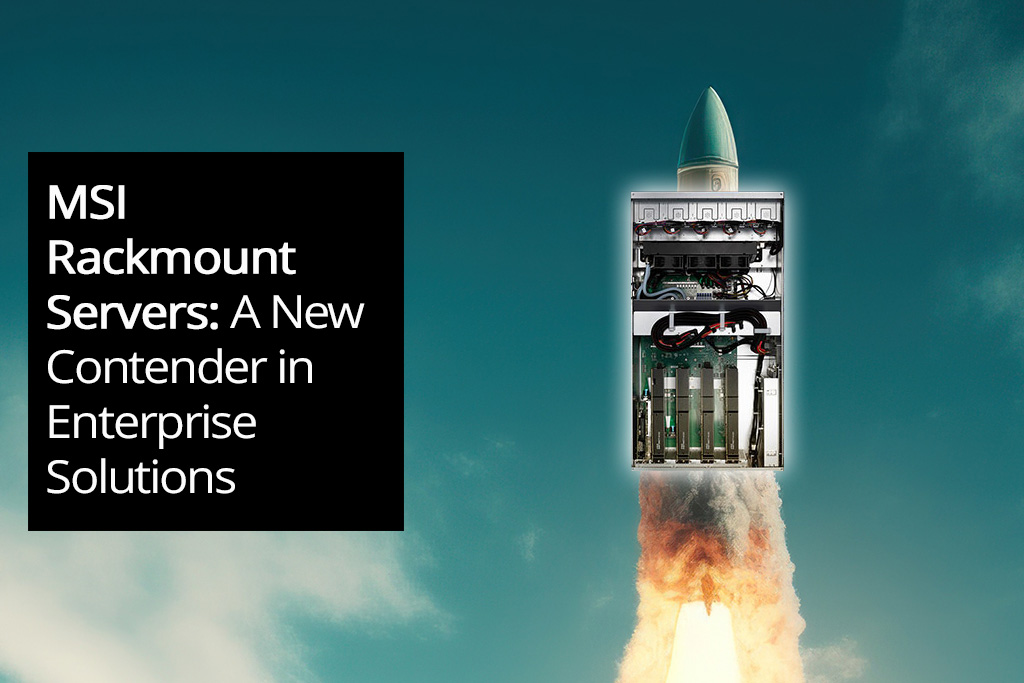
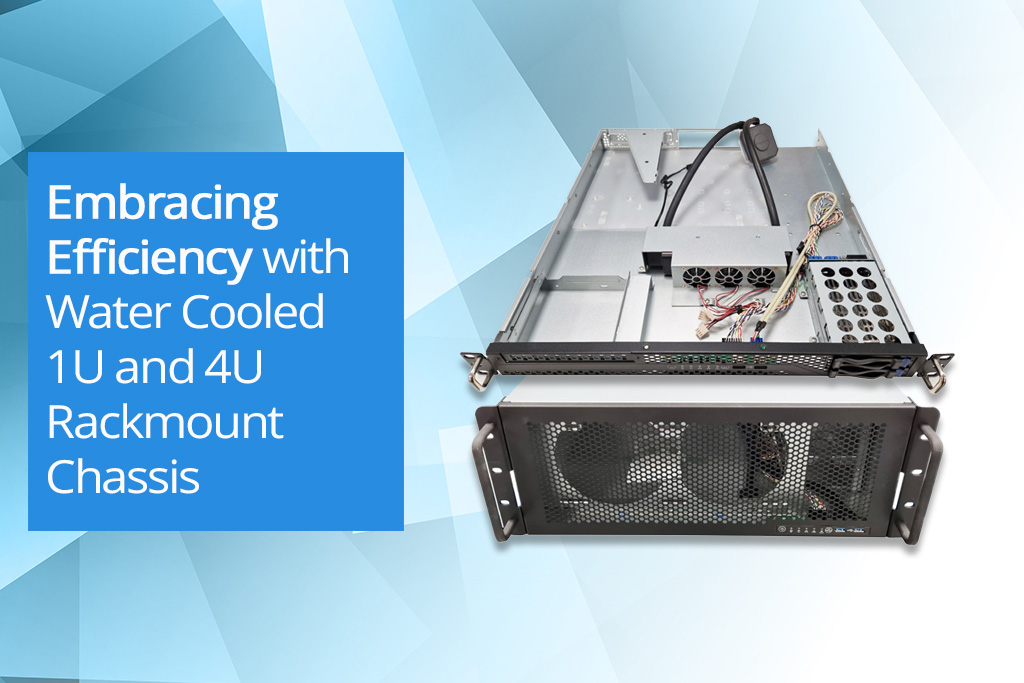
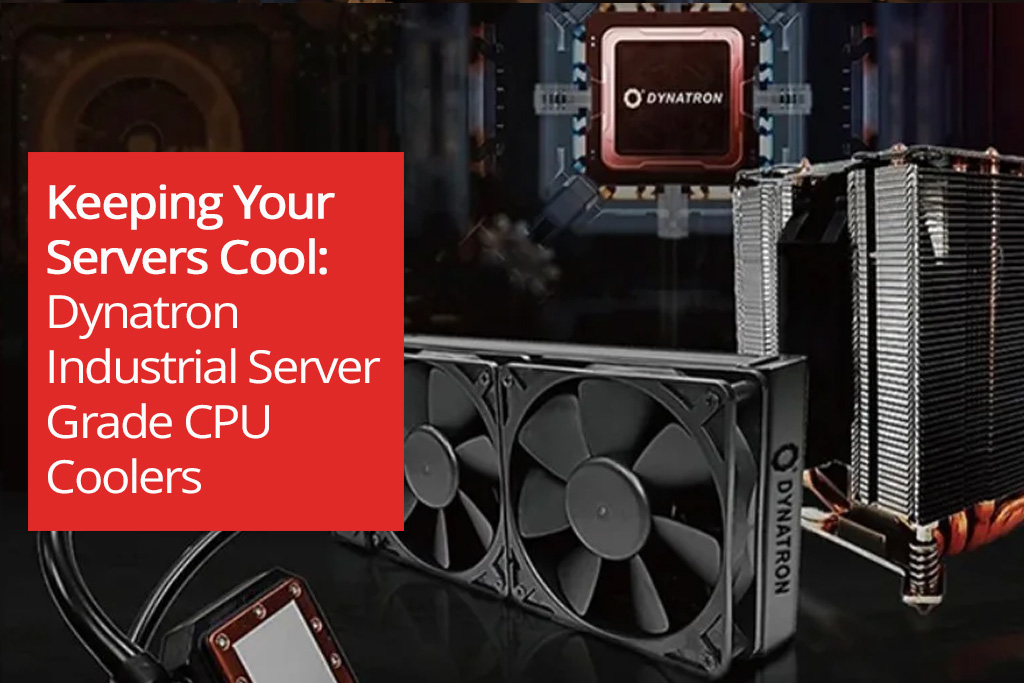
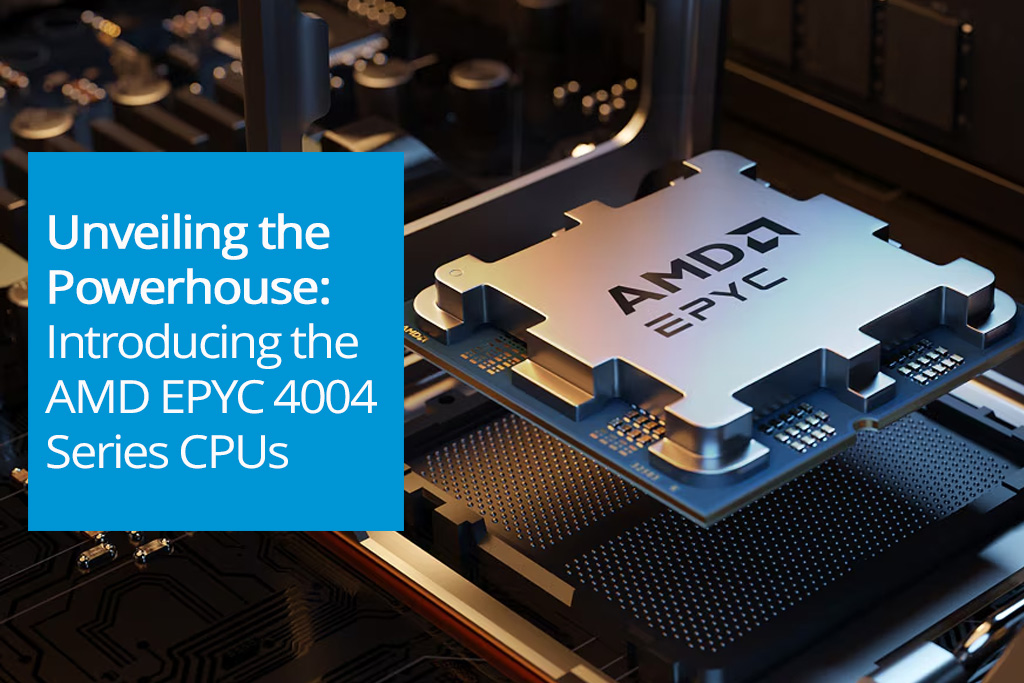
Facebook
YouTube
LinkedIn
Instagram
Call us today on 01283 576162 to talk directly to one of our server specialists
Who we are
Europe's specialist value added distributor of server chassis, server components and server systems.
Server Case is a specialist server chassis distributor based here in the United Kingdom, with an extensive range of 19” rackmount cases built to suit a variety of environments; including remote industrial servers and everything in between. Furthermore, our distribution partnerships have allowed us to develop and deliver Server Barebones and fully configured systems to the vast IT Channel and Enterprise customers.
Latest Blog
MSI Rackmount Servers: A New Contender in Enterprise Solutions
Posted on: 2nd Aug 2024
The landscape of enterprise computing continues to evolve, with companies like MSI, ASUS, and Supermicro offering robust server solutions tailored to various needs. Among the latest contenders in this space are MSI's new rackmount servers, part of their MSI Enterprise Platform Solutions. These servers are designed to meet the demanding requirements of modern enterprises, providing an appealing alt... [...] Read more
Latest Video
View more of our reviews, unboxing and installation videos on YouTube.
Business Links
Site Information